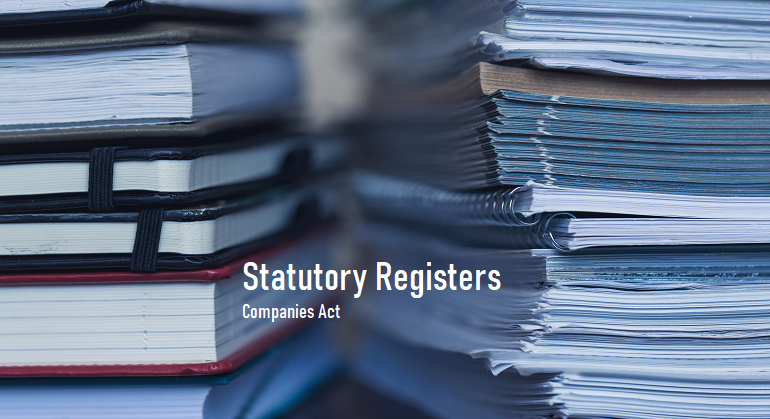Precautions Before Signing a Term Sheet with an Investor
Securing investment is a significant milestone for any business, and the term sheet marks the initial stage of that process. However, before eagerly signing a term sheet with an investor, it is crucial to exercise caution and conduct thorough research on the Investor and terms and conditions. The term sheet sets the foundation for the legal agreements that will shape the investor-founder relationship, making it essential to evaluate the investor's credibility, alignment of interests, and the terms outlined in the document. In this blog, we will explore the key precautions that entrepreneurs should take before committing to a term sheet, ensuring a well-informed decision and a mutually beneficial partnership.
Research and Assess the Investor
Before entering into any agreement, it is essential to research and assess the investor who is offering the term sheet. Consider the investor's track record, reputation, and past investments. Look for compatibility in terms of industry expertise, values, and vision. It is advisable to seek references and speak to entrepreneurs who have previously worked with the investor to gain insights into their working style, responsiveness, and level of support provided.
Evaluate the Investor's Motivations and Expectations
Understanding the investor's motivations and expectations is crucial for aligning interests and avoiding potential conflicts down the line. Determine if the investor's investment thesis aligns with your company's goals and long-term vision. Clarify their expectations regarding growth, exit strategies, and involvement in strategic decision-making. It is important to ensure that both parties are on the same page and have a shared understanding of the company's trajectory.
Scrutinize the Terms and Conditions
Thoroughly reviewing the terms and conditions outlined in the term sheet is a critical step in the entire process. Pay close attention to the following aspects:
a) Valuation and Ownership: Assess the pre-money and post-money valuations offered by the investor and consider their impact on your ownership stake. Evaluate if the valuation is fair and aligned with the company's potential.
b) Dilution and Anti-Dilution Provisions: Analyse the anti-dilution protection provisions in the term sheet, as they can significantly impact the ownership structure in future funding rounds. Understand the mechanisms used (e.g., full ratchet, weighted average) and their potential implications on your ownership stake.
c) Liquidation Preferences: Examine the liquidation preferences outlined in the term sheet, as they determine the order in which investors receive their returns in the event of a sale or liquidation. Ensure that the preferences are fair and reasonable, striking a balance between investor protection and your ability to benefit from a successful exit.
d) Rights and Restrictions: Scrutinize the rights and restrictions imposed on both parties. Evaluate information rights, board representation, transfer restrictions, and non-compete clauses. Consider how these provisions align with your company's governance structure and long-term strategic plans.
Seek Legal Counsel
Engaging legal counsel specializing in venture capital and startup investments is highly advisable before signing any term sheet. An experienced attorney can help you navigate the legal intricacies, identify potential red flags, and negotiate favorable terms. They can provide insights on industry standards, protect your interests, and ensure that the term sheet aligns with your long-term goals.
Consider Alternative Options
While negotiating a term sheet with a specific investor, it is essential to keep alternative options open. Explore multiple investment opportunities to gain a better understanding of market terms and conditions. Engaging with multiple investors can provide leverage during negotiations and enable you to choose the best partner for your business.
Communicate and Negotiate
Do not hesitate to communicate openly with the investor and engage in negotiations. If any terms or conditions in the term sheet concern you, discuss them with the investor and seek clarification or adjustments. Negotiating in good faith can lead to a more favorable outcome for both parties and help establish a strong foundation for the future partnership.
Assess the Long-Term Fit
Evaluate the potential long-term fit between your company and the investor. Consider their expertise, network, and ability to add value beyond financial investment. Assess if they align with your company's values, culture, and strategic direction. A compatible and supportive investor can contribute significantly to your company's growth and success.
Conclusion
Signing a term sheet with an investor is a significant step in the fundraising process, but it should be approached with caution and careful consideration. Thoroughly researching and assessing the investor, evaluating their motivations and expectations, scrutinizing the terms and conditions, seeking legal counsel, exploring alternative options, engaging in negotiations, and assessing long-term fit are essential precautions to take before signing a term sheet.
By doing proper research, entrepreneurs can mitigate potential risks, ensure alignment of interests, and set the stage for a fruitful partnership. Remember that the term sheet serves as the foundation for the legal agreements that will govern the investor-founder relationship, making it crucial to negotiate fair and favourable terms that reflect the company's value and future potential.
Ultimately, a well-informed decision based on thorough understanding and proper research will increase the likelihood of a successful and mutually beneficial investment relationship, setting the stage for sustainable growth and long-term success.




























